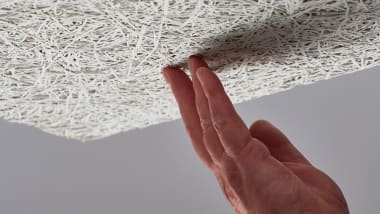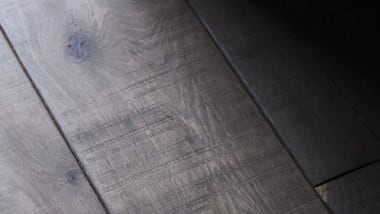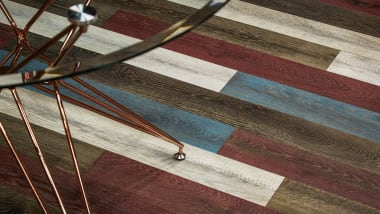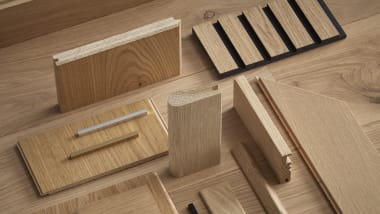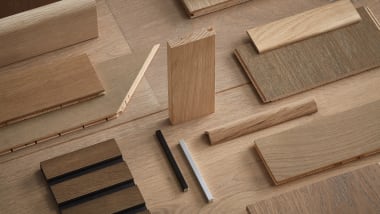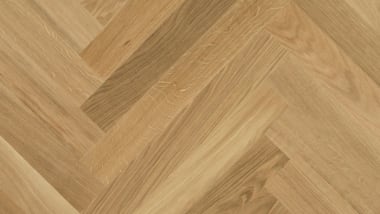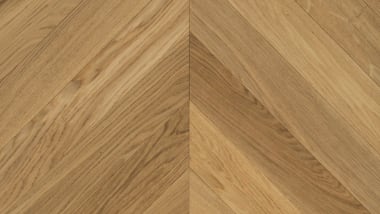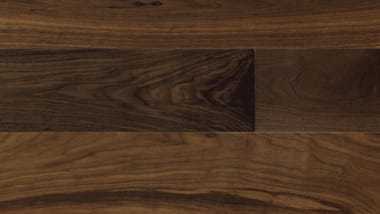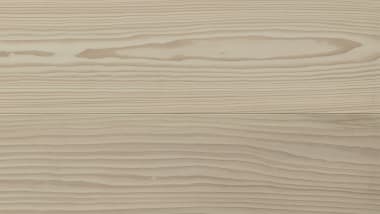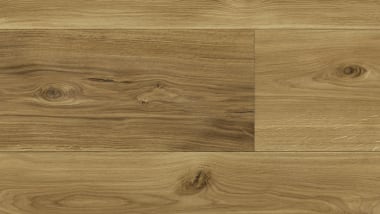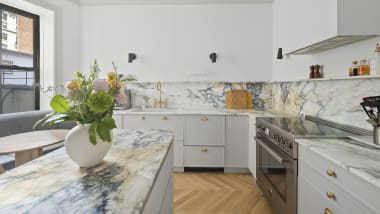The Ultimate Guide to Choosing the Best Parquet Flooring for Your Space
Parquet flooring is a timeless and elegant choice that enhances any interior with its intricate patterns and luxurious appeal. Whether you’re renovating your home, upgrading your commercial space, or designing a new build, choosing the right parquet flooring can be a game-changer. This guide will help you navigate the world of parquet flooring, from styles and materials to installation and maintenance.
What is Parquet Flooring?
Parquet flooring consists of small wooden planks arranged in geometric patterns, creating a decorative and visually striking effect. Unlike traditional plank flooring, parquet adds an extra layer of design interest, making it a favorite for both classic and contemporary interiors.
fWhy Choose Parquet Flooring?
Aesthetic Appeal – Parquet flooring adds a sophisticated, artistic touch to any space.
Durability – High-quality parquet, especially engineered options, is designed to last for decades.
Variety of Styles – From herringbone to chevron, there are numerous pattern options.
Increases Property Value – A well-maintained parquet floor can significantly boost home value.
Sustainable Choice – Many engineered parquet floors use responsibly sourced wood.

Popular Parquet Flooring Patterns

1. Herringbone
Herringbone is one of the most iconic parquet patterns. Its distinctive V-shaped design creates movement and depth in a room. It works well in both traditional and modern settings, making it one of the most versatile choices.
2. Chevron
Chevron is similar to herringbone but features planks cut at an angle, creating a continuous zigzag pattern. This style offers a more dynamic and contemporary look.
3. Basketweave
The basketweave pattern mimics the weave of a basket, using small rectangular planks to form square or rectangular units. This classic style works well in historic homes and elegant commercial spaces.
4. Versailles
The Versailles pattern is a highly intricate design that originated in French palaces. It consists of interwoven squares and diagonal pieces, creating a grand and luxurious feel.
5. Brick Bond
In this pattern, the wood planks are arranged in a way that resembles bricklaying. It’s a simple yet effective choice for a more understated aesthetic.
Choosing the Right Wood Species
The type of wood you choose for your parquet flooring impacts both aesthetics and durability. Here are some of the most popular options:
1. Oak
Highly durable and resistant to wear
Available in a variety of finishes and stains
Classic and timeless
2. Walnut
Rich, dark tones create a luxurious atmosphere
Less durable than oak but still strong
Best for lower-traffic areas
3. Maple
Lighter in color, offering a contemporary look
Naturally hard and resistant to scratches
Works well in minimalist and Scandinavian-style interiors
4. Ash
Offers a unique grain pattern with light to medium tones
Durable and flexible
Great for high-traffic areas
Engineered vs. Solid Parquet Flooring
When choosing parquet flooring, you’ll need to decide between engineered and solid wood options.
Solid Parquet Flooring
Made entirely of natural wood
Can be sanded and refinished multiple times
Susceptible to moisture and temperature changes
Engineered Parquet Flooring
Constructed with multiple layers of wood for added stability
Less prone to expansion and contraction
Compatible with underfloor heating.

Choosing the Right Finish
The finish of your parquet flooring affects both its appearance and durability.
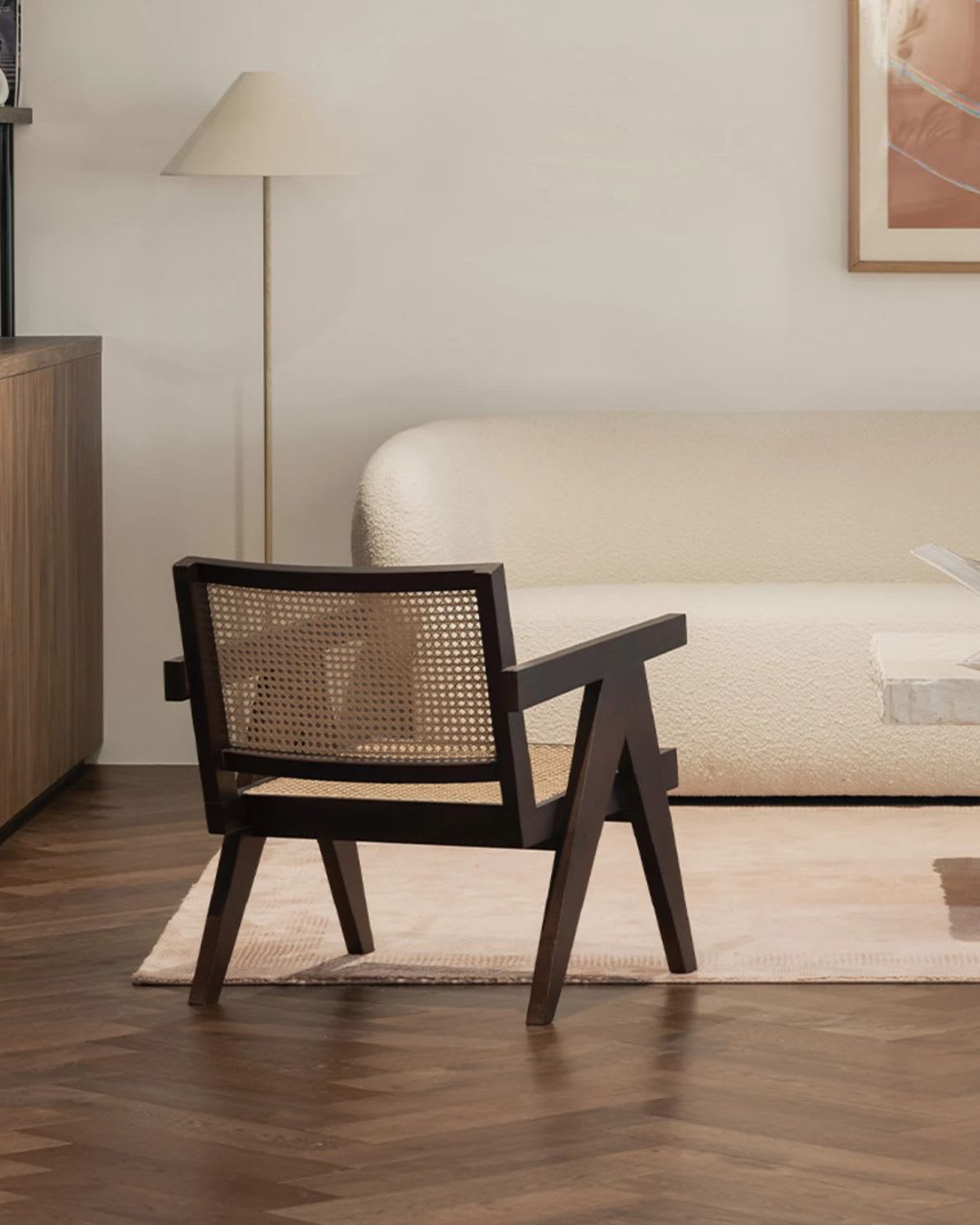
1. Oiled Finish
Enhances the natural grain of the wood
Requires regular maintenance but allows for easy spot repairs
Provides a warm, matte look
2. Lacquered Finish
Adds a protective layer on top of the wood
More resistant to scratches and stains
Offers a glossy or satin sheen
3. Brushed & Oiled Finish
Combines the best of both worlds
Textured surface enhances the natural beauty of the wood
Requires moderate maintenance
Where to Use Parquet Flooring
Parquet flooring is versatile and can be used in various rooms, but some patterns and materials work better in certain spaces.
Living Rooms – Herringbone and Versailles patterns create a sophisticated focal point.
Bedrooms – A softer wood species like walnut adds warmth and comfort.
Hallways – Durable options like oak or ash in a herringbone pattern enhance visual interest.
Kitchens – Engineered parquet with a lacquered finish is ideal for moisture resistance.
Commercial Spaces – Chevron and basketweave patterns make a stylish statement in restaurants, hotels, and offices.
Installation Considerations
1. Subfloor Preparation
Ensure that your subfloor is clean, dry, and level before installation. An uneven surface can cause planks to shift over time.
2. Glue-Down vs. Floating Installation
Glue-down installation provides superior stability and reduces movement.
Floating installation is quicker and easier but may not be as durable in high-traffic areas.
3. Expansion Gaps
Parquet flooring needs room to expand and contract. Leave a small gap around the edges to prevent warping.

Maintaining Your Parquet Flooring
To keep your parquet floors looking their best:
Sweep or vacuum regularly to remove dust and dirt.
Use a damp mop with a wood-friendly cleaner for deep cleaning.
Avoid excess moisture to prevent warping.
Place furniture pads under heavy items to prevent dents and scratches.
Final Thoughts
Parquet flooring is an elegant and durable choice for any space. Whether you prefer classic herringbone or intricate Versailles patterns, selecting the right wood species, finish, and installation method ensures a stunning and long-lasting floor. Havwoods offers a wide range of premium parquet flooring options, helping you find the perfect match for your home or commercial project.



